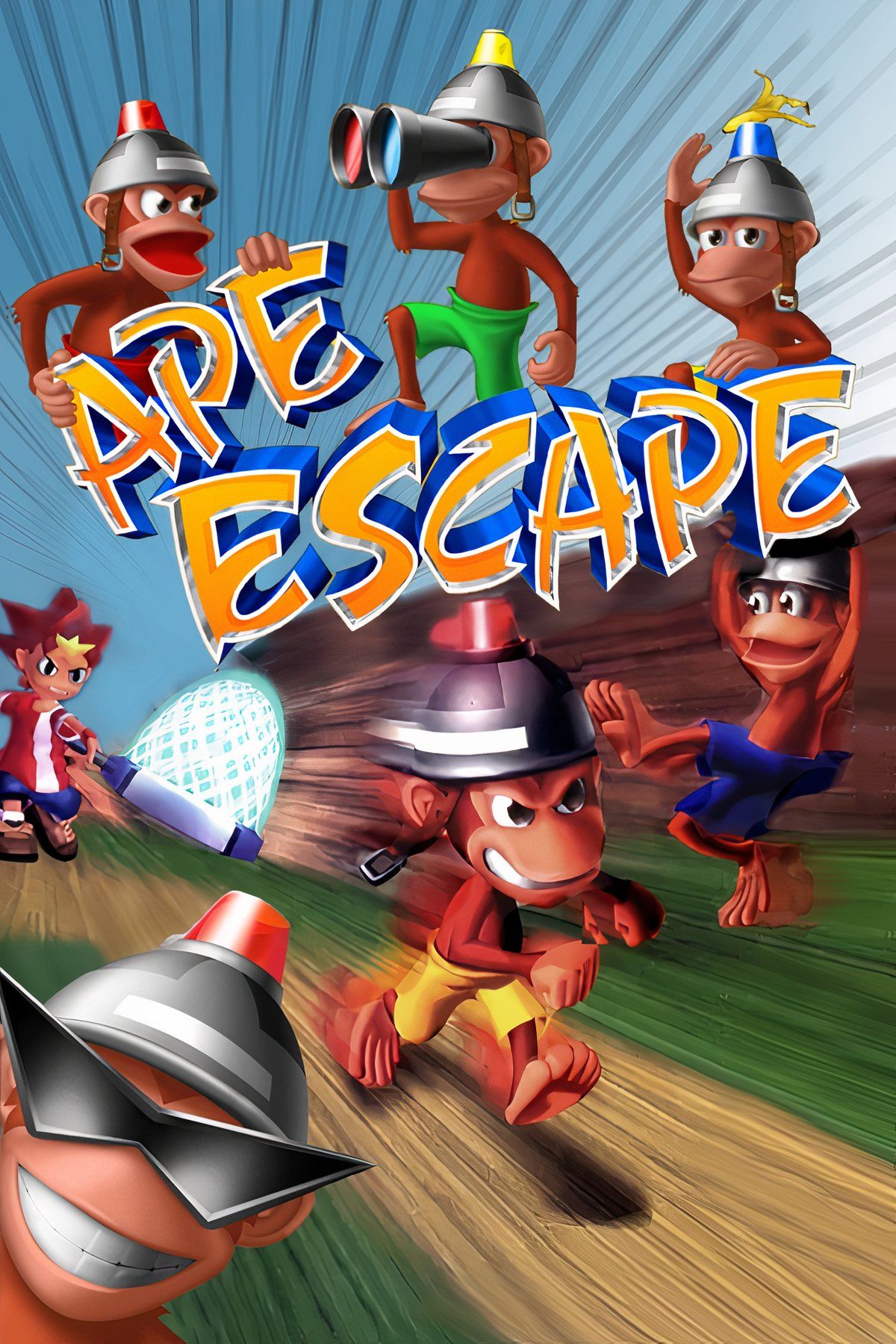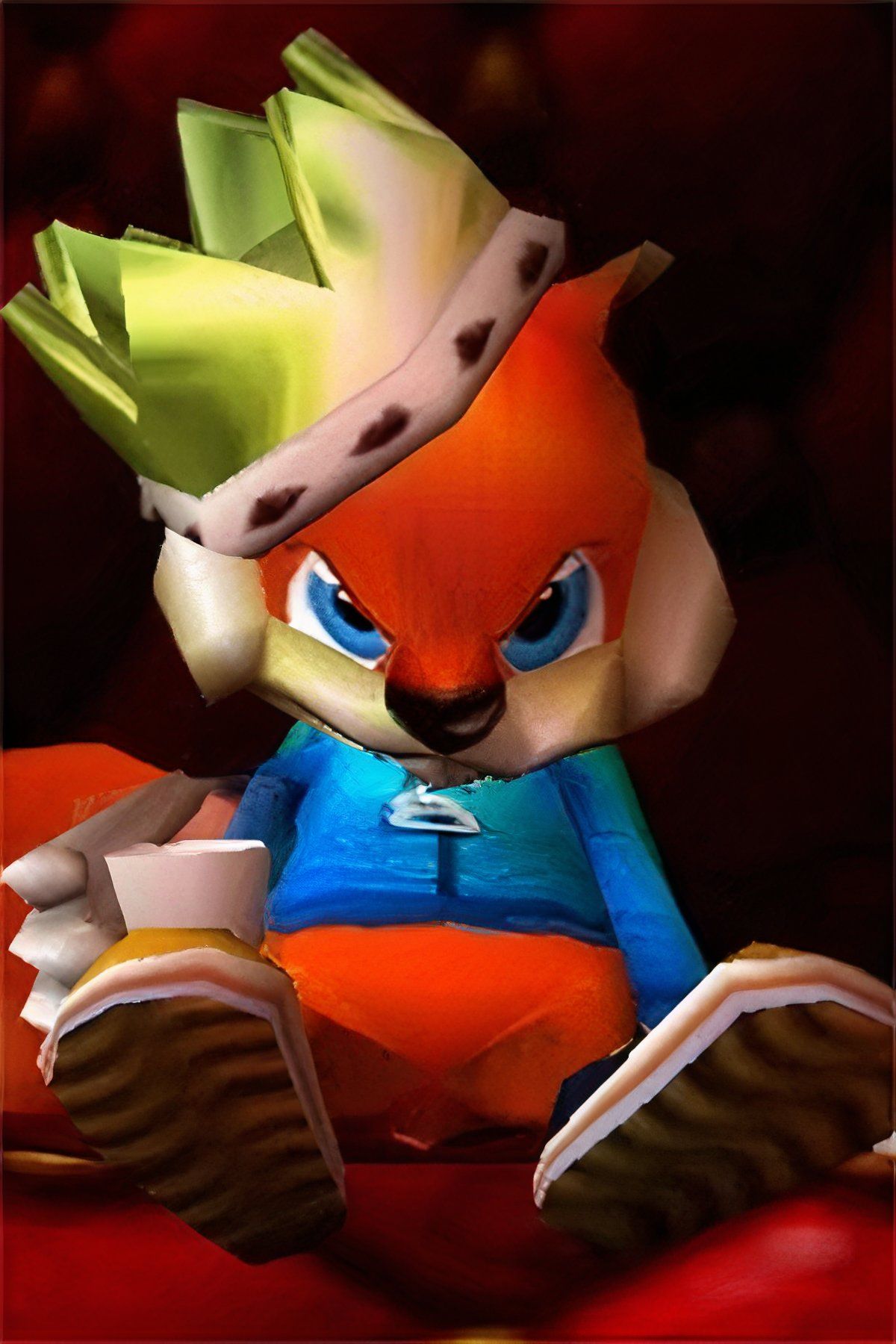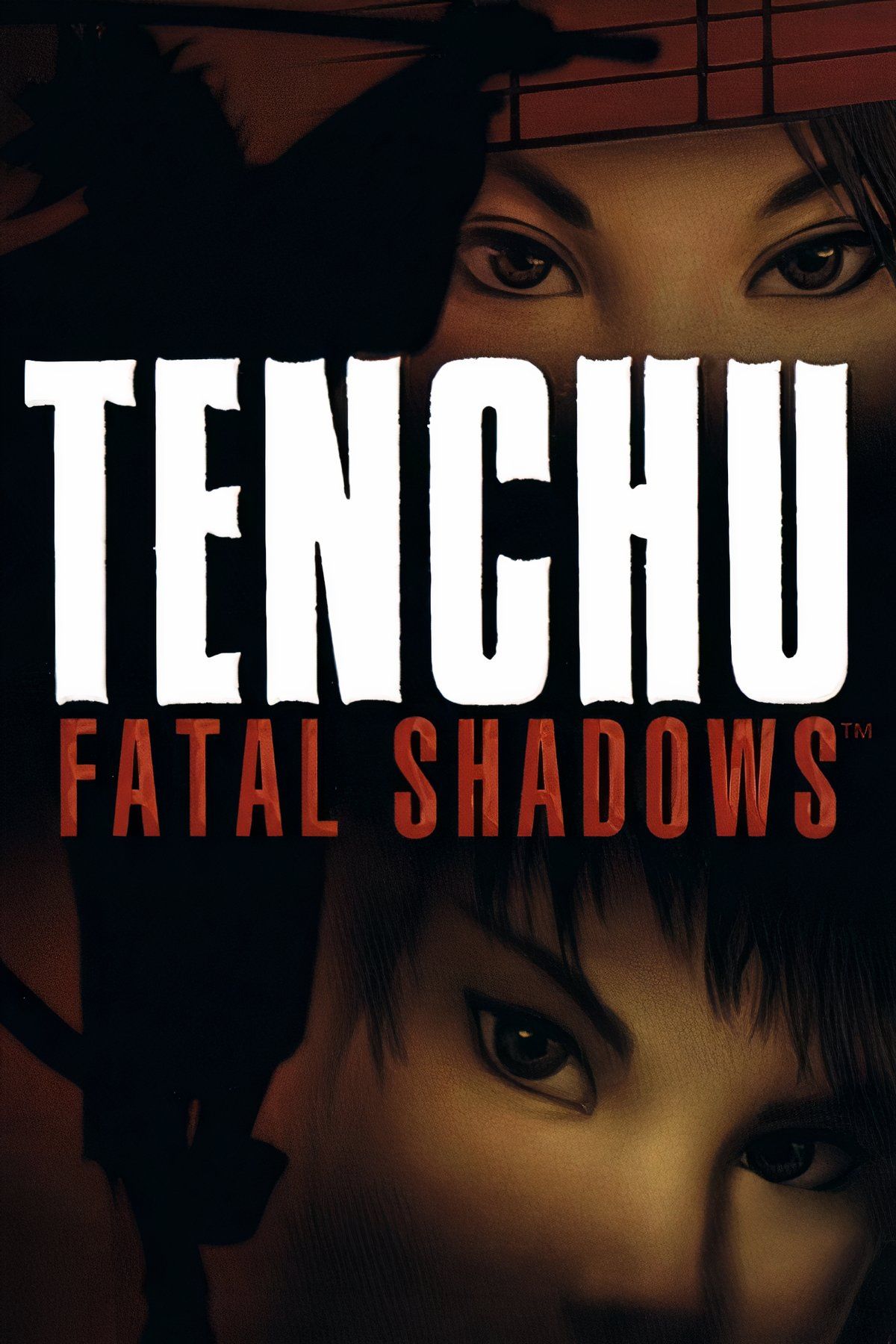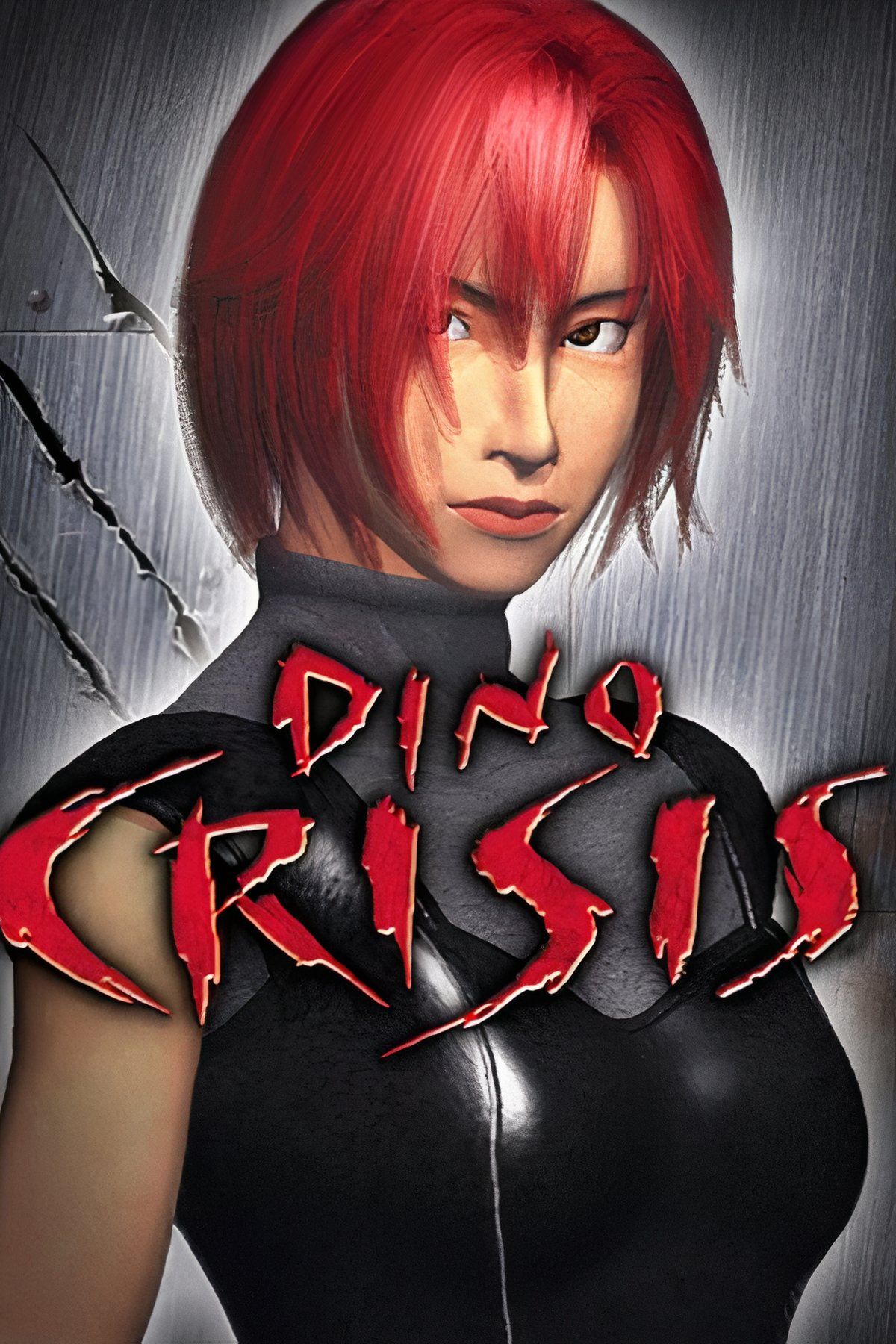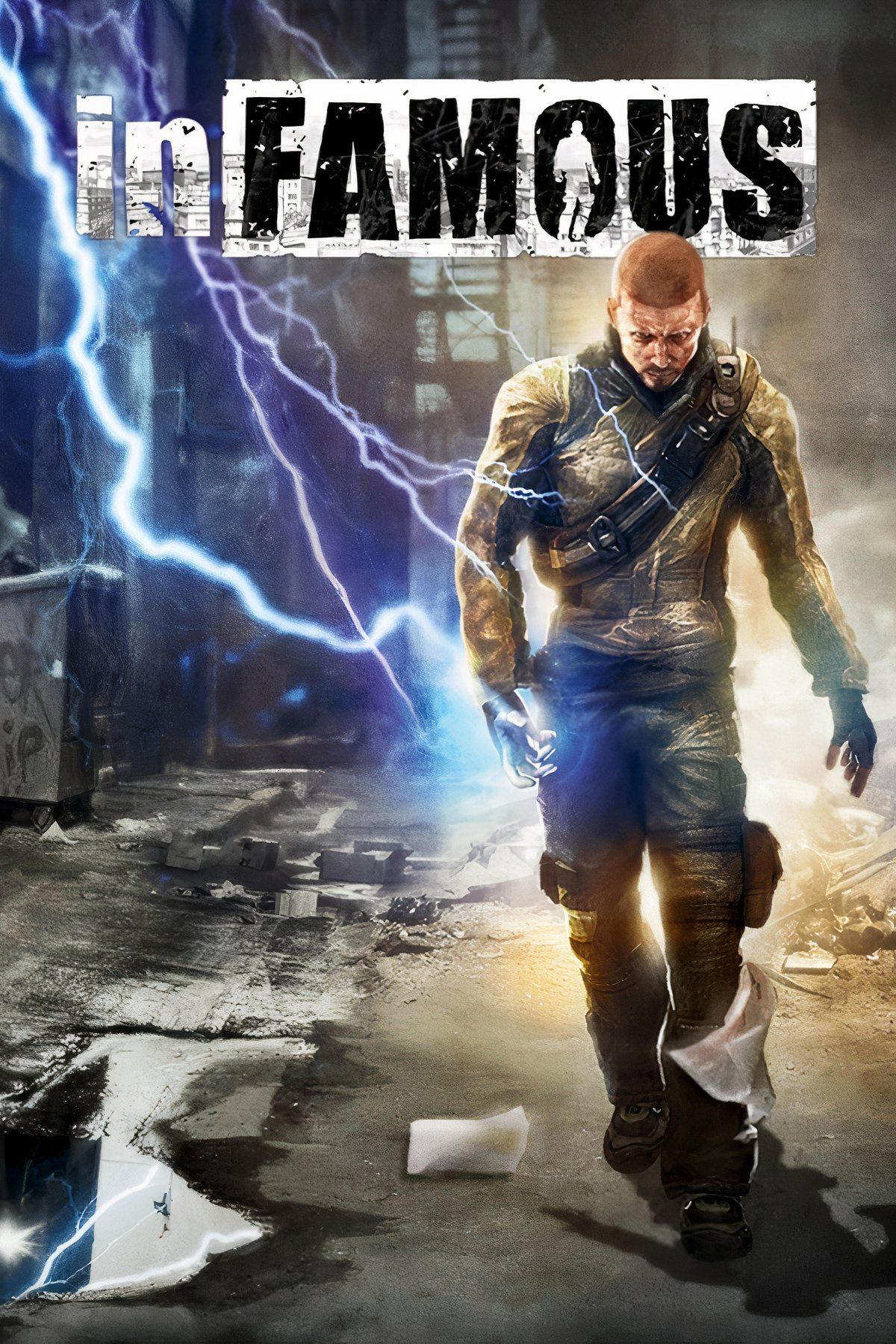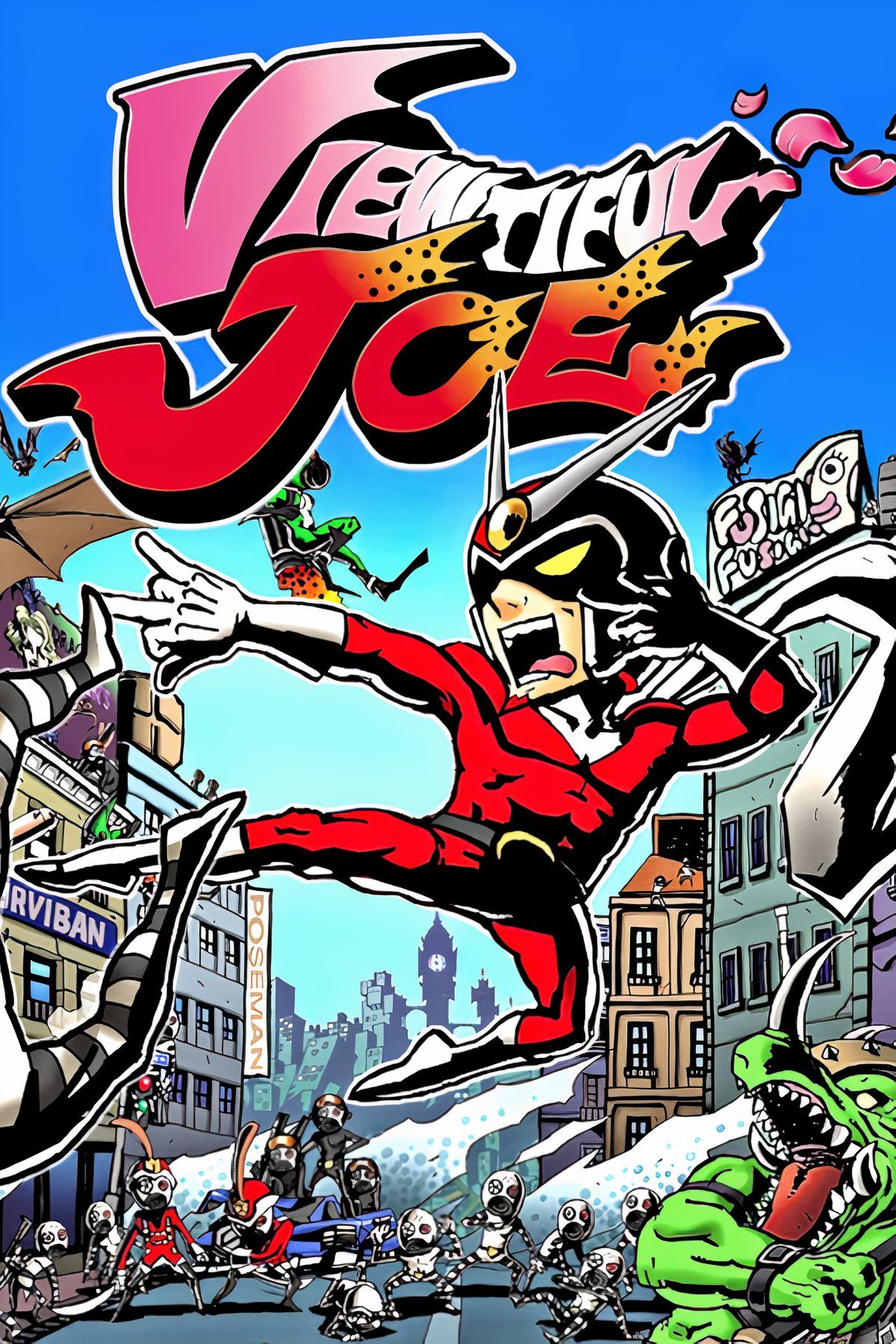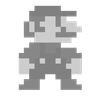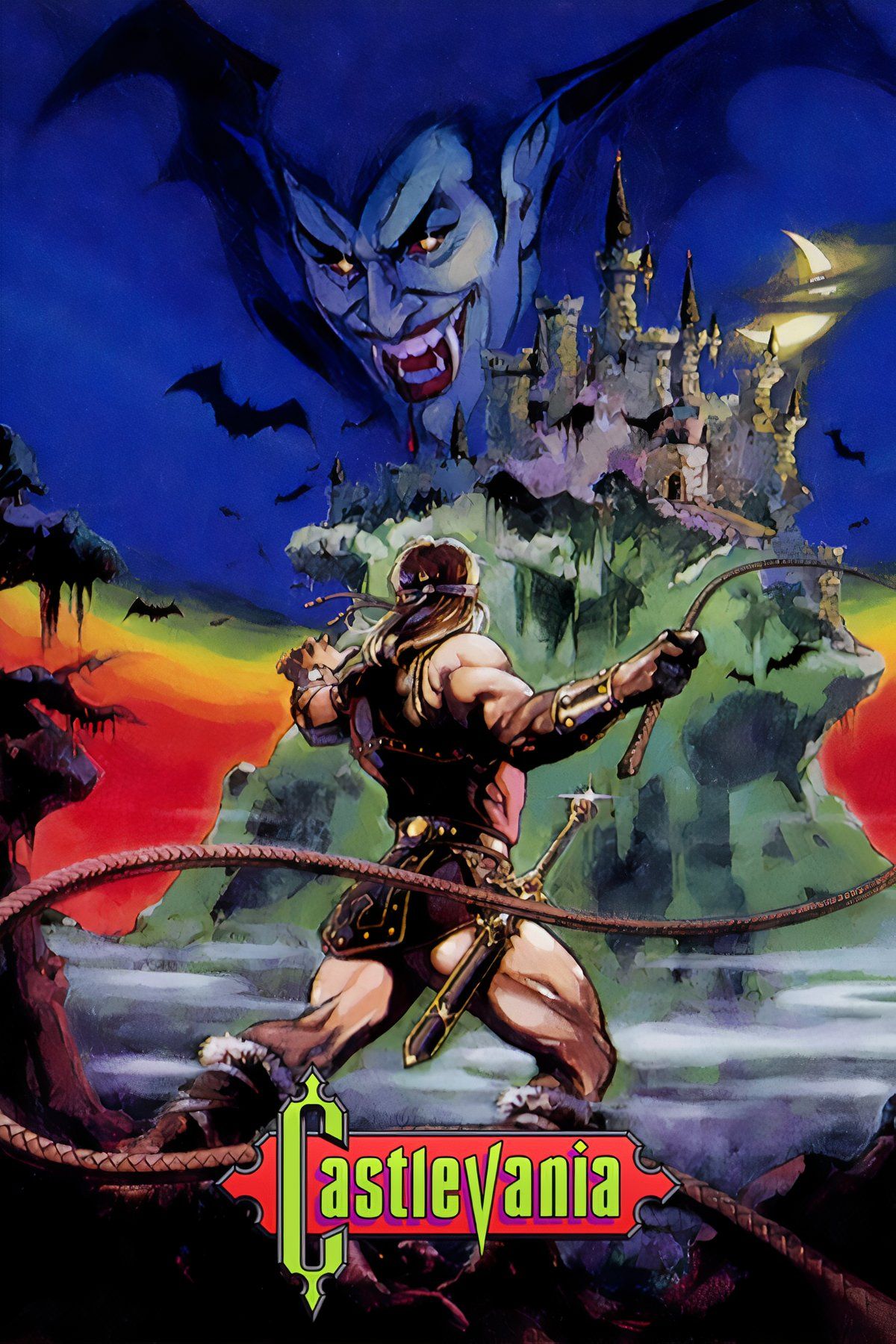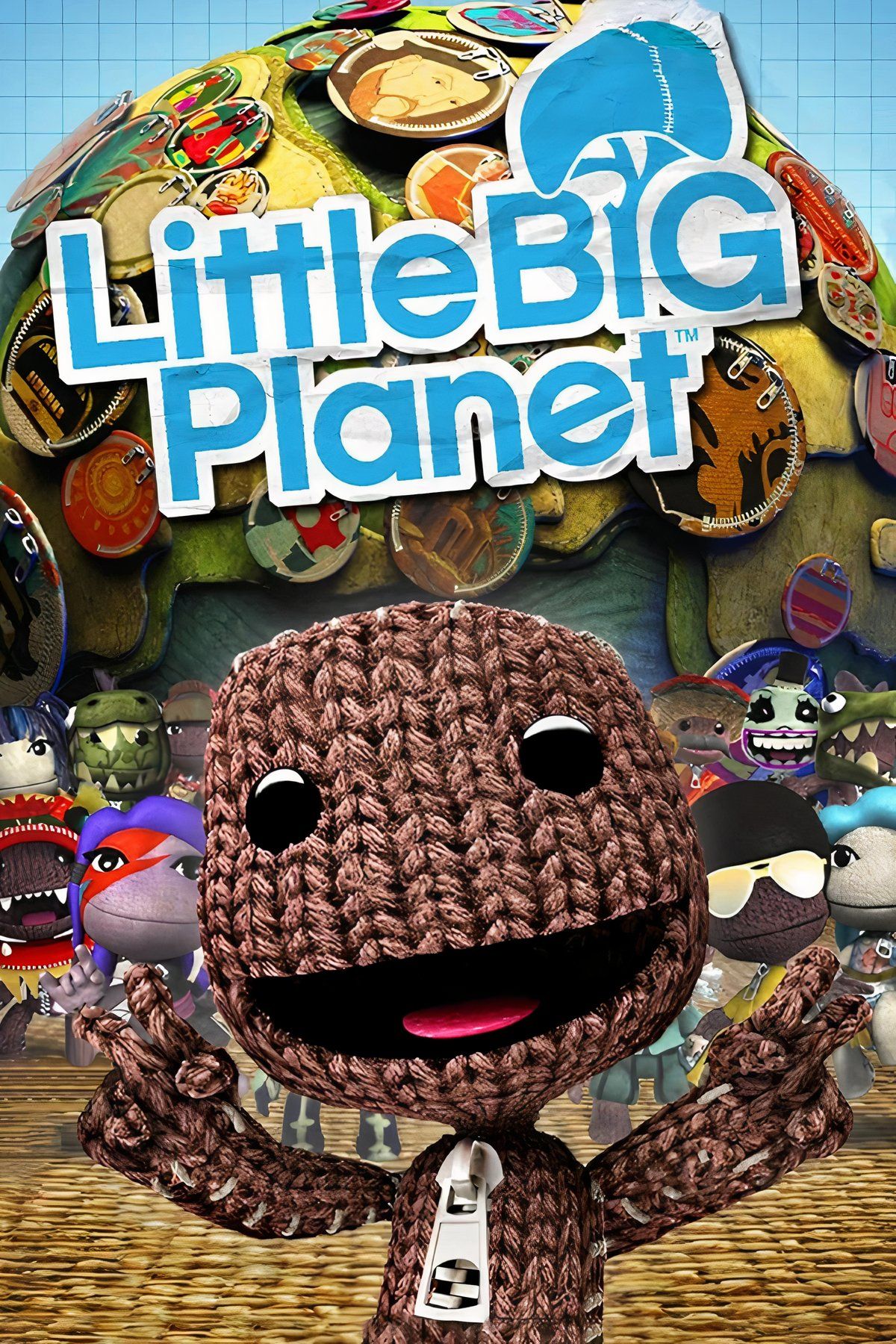It seems like there are far too many franchises that earn a following, only to end up being dropped by the publisher or developer. Even in the face of financial success, many franchises are left by the wayside to languish.
I am not smart enough to lead a studio, so I won’t pretend to understand the intricacies of why games get dropped, but there are usually a few telltale clues. Often, a bad entry can sink a series, but sometimes it’s more about a company chasing the next big thing instead of investing in what’s already great.
10
Ape Escape
Ape Escape, a major Sony franchise that began in 1999, featured Spike, a boy traveling through time to catch apes unleashed by Specter. It revolutionized PlayStation gaming by being the first to require the DualShock controller, showcasing twin analog stick gameplay. I loved its unique gameplay, where one stick moved the character, and the other controlled tools like radar or a lightsaber.
It had vibrant graphics, charming characters, and an energetic soundtrack that drew players in. Despite sequels and spin-offs, the series has been inactive since 2010, leaving fans disappointed. Recent appearances in Astro Bot have reignited hope, and maybe there will be more to Ape Escape in the future, but there are still no definite reports of a revival.
9
Conker
Conker’s Bad Fur Day, released in 2001, was Rare’s final N64 game, transforming its squirrel mascot into a crude and rude character that certainly wasn’t for kids. This drastic shift mocked Rare’s past family-friendly titles. The game was praised for its unique humor, vulgar jokes, violence, and movie parodies.
Its sharp writing, excellent voice acting, and varied gameplay—including platforming, puzzles, and shooting—made it memorable. Graphically, it pushed the N64’s limits with advanced effects. Despite critical acclaim, poor initial sales led to its premature end. I really hope this comes back, but it doesn’t seem like it will, since Microsoft isn’t rushing to put its Rare properties to use.
8
Mercenaries
The Mercenaries series, starting with Playground of Destruction in 2005, blended open-world freedom with military action. Plenty of players loved the extreme destructibility, allowing anything from buildings to vehicles to be destroyed with satisfying airstrikes and carpet bombs. The “chaos sandbox” enabled free mayhem or mission following, supported by the “deck of 52” target system.
It mixed serious and lighthearted moments with an underrated soundtrack and a faction-based morality system. Despite the first game’s critical acclaim, its sequel, World in Flames, had average reviews and poor sales. Over-saturation of similar games, an unfinished feel, and outdated graphics hurt its reception. The developer, Pandemic Studios, was closed by EA in 2009, killing the franchise. Attempts at Mercs Inc., a multiplayer spin-off, also failed. This one doesn’t look like it will ever see a return.
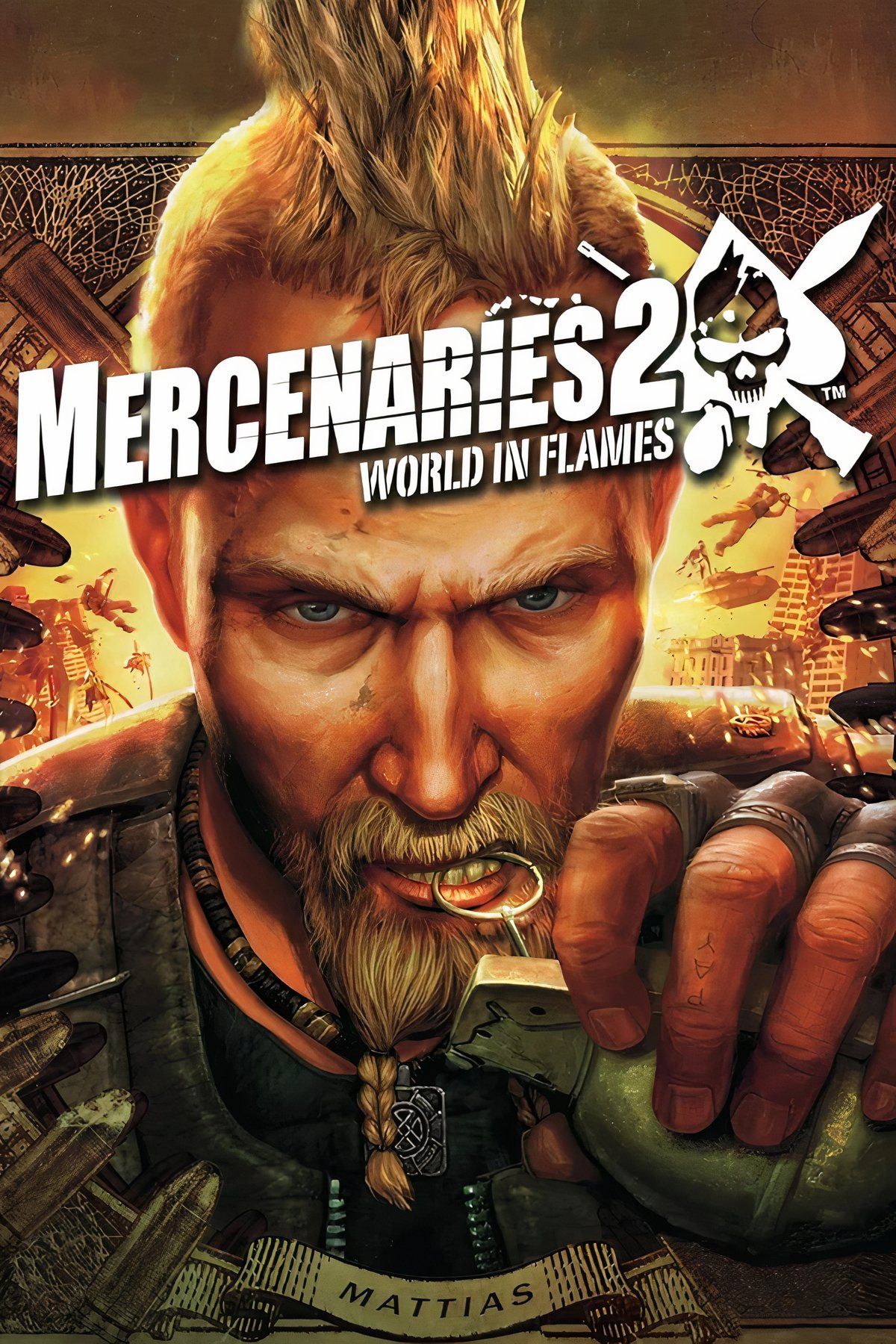
Mercenaries 2: World in Flames
- Released
-
August 31, 2008
- ESRB
-
t
- Developer(s)
-
Pandemic Studios, A2M
- Publisher(s)
-
Electronic Arts
- Engine
-
Zero
7
Tenchu
Tenchu, first released in 1998, during the PS1 era, pioneered 3D stealth on consoles before Metal Gear Solid. It had a heavy emphasis on stealth, rewarding patience over direct combat with a unique enemy awareness system. Its feudal Japan setting, martial arts-infused story, and dark soundtrack created a realistic experience.
Smart gadgets, especially the grappling hook and brutal kill animations, made you feel like an unstoppable ninja. Dual protagonists and added features like a level editor and multiplayer made the series feel untouchable. However, it ended prematurely due to outdated controls, camera issues, and declining sequel quality. FromSoftware’s acquisition of the IP and shift to the Souls series, notably Sekiro, sidelined Tenchu, and it doesn’t look like it’s coming back anytime soon.
6
Dino Crisis
The Dino Crisis series began in 1999, so it’s an older game that blended survival horror with dinosaur thrills. Players explored a facility, solved puzzles, and battled raptors. It had such a tense atmosphere that it felt like you were in a Jurassic Park movie, and still looks great today. It had features like crafting, drawing in dinosaurs with blood, and epic T. rex fights. Dino Crisis 2 further leaned into this kind of action. However, the series ended due to low sales and unclear direction.
Dino Crisis 3’s sci-fi shift felt like the nail in the coffin, as it was clear Capcom didn’t want to make another survival horror Dino Crisis. Capcom’s focus on Monster Hunter also makes it feel like there isn’t currently room for a revival. Recent re-releases could signal that a return is coming, we’ll have to wait and see.
5
Prototype
The Prototype series started in 2009 and offered a unique take on superhero games. It lets players act as anti-heroes with terrifying biological powers. The best part was the unrestrained, chaotic gameplay. Players took control of Alex Mercer, who could leap across skyscrapers, morph limbs into weapons, and absorb enemies for stealth and memories.
The first game’s story and mechanics were innovative. While Prototype sold 2.1 million copies, its sequel’s flop led to the developer’s downsizing and eventual bankruptcy. I’m of the opinion that a lack of marketing sunk the franchise, as I didn’t even know a sequel was out until years later. I’m still hoping for a remake from another studio as the series is a prime example of an unrestrained power fantasy.
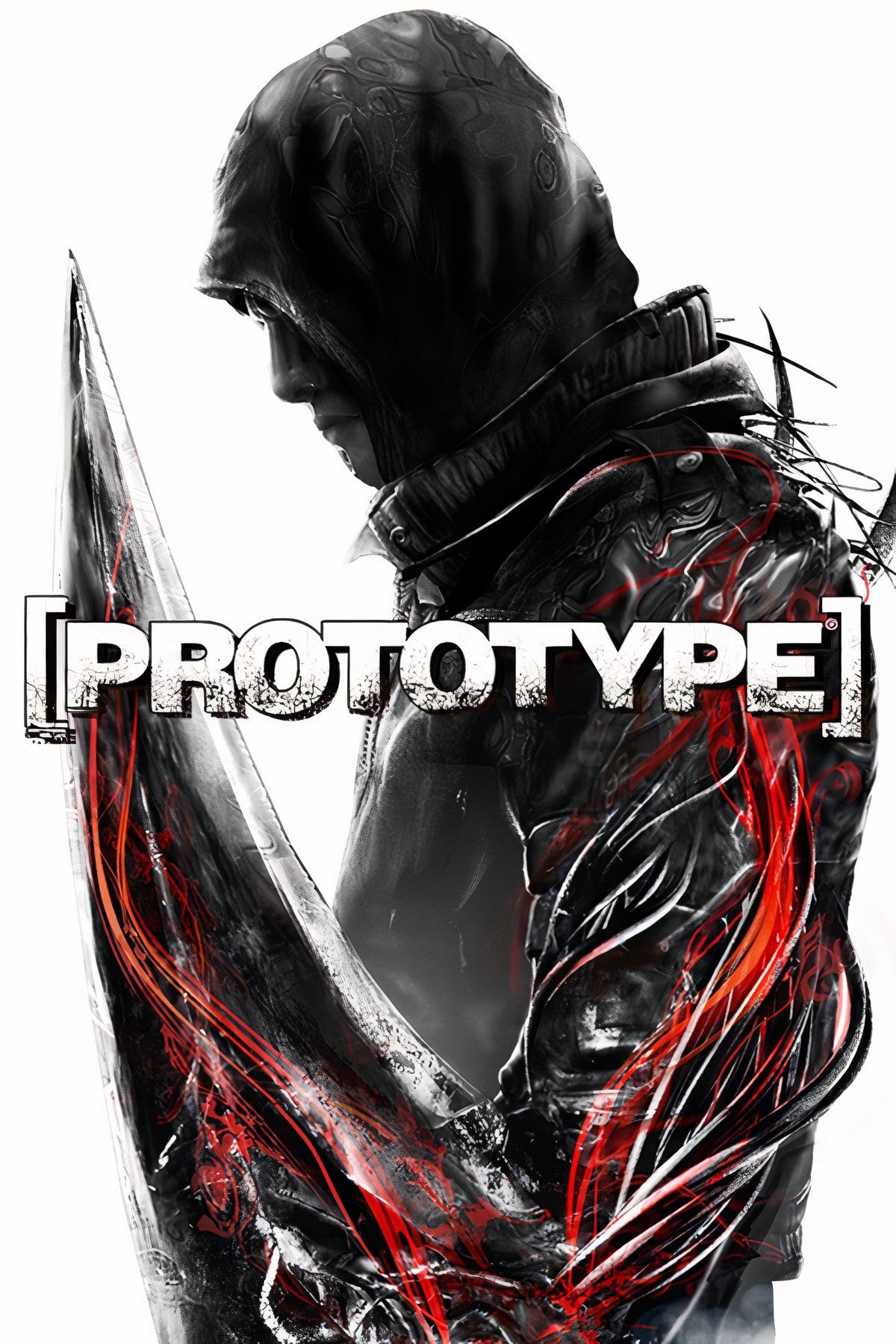
Prototype
- Released
-
June 9, 2009
- ESRB
-
m
- Developer(s)
-
Radical Entertainment
- Publisher(s)
-
Activision
- Engine
-
Titanium
4
Infamous
The Infamous series, starting in 2009, captivated players with its fresh take on superheroes in open-world settings. Developed by Sucker Punch Productions, the games offered fast-paced movement, elemental combat, and moral choices that altered the story. Players controlled Cole MacGrath, wielding electricity-based powers to navigate cities and engage in dynamic combat.
The sequel, Infamous 2, improved these systems and expanded the power variety. Despite critical and commercial success, the series ended prematurely as Sucker Punch shifted focus to Ghost of Tsushima. Unfortunately, despite Second Sun doing well with critics, chances of another entry look slim. Ghost of Tsushima is a hit franchise that doesn’t look like it will die anytime soon, so we’ll have to see if Sony decides to move the IP to another studio.
3
Viewtiful Joe
Viewtiful Joe, first released in 2003, was an incredibly innovative game. It had a unique mix of classic beat-up action and self-aware superhero style, all with a time-travel gimmick. It had vibrant, cel-shaded graphics and innovative “VFX” powers. It was easy to like its movie-inspired touches, tough-yet-satisfying gameplay, and boss fights.
Viewtiful Joe 2 expanded on these ideas with a new character and challenge mode. Unfortunately, the series ended as interest declined, and the developers disbanded. Later, spin-offs received lukewarm reviews, and financial struggles were evident in the in-game ads. The series will likely not see a resurgence, but I hope to eventually see a spiritual successor one day.
2
Castlevania
The Castlevania series, beginning in the 1980s, is loved for its challenging platforming, gothic aesthetic, and rich storytelling. This series significantly influenced the Metroidvania genre with titles like Symphony of the Night. I loved the blend of traditional level-based action and expansive, exploration-driven gameplay.
The Nintendo DS titles had polished RPG and platforming elements. Despite its lasting impact and devoted fanbase, the series concluded prematurely due to declining sales of later entries and unclear creative direction. Unfortunately, the Lords of Shadow trilogy’s attempt to modernize the series did not work. It’s been hard to get to older titles, especially DS games, and it seems like this series won’t come back. This is strange since the Netflix series was so well-liked, but that’s how it goes sometimes.
1
LittleBigPlanet
LittleBigPlanet, originally arrived in 2008, revolutionized gaming with its focus on user-generated content, community creativity, and a chill atmosphere. It literally lets players “Play, Create, Share,” through crafting and sharing levels using advanced tools. Over eleven million levels were made, and it had a strong fan base. Unfortunately, the original creators abandoned the series, leaving it to Sumo Digital, which couldn’t keep up the high-quality development.
This one hurts me the most because the series is great and still has plenty of room to grow. It had such a strong fanbase, but Media Molecule went to Dreams, which was ultimately a failure. I have used both Dreams and LittleBigPlanet’s editing systems, and LBP is a better creator by far. Unfortunately, it seems like Astro Bot has taken Sackboy’s place.
There are many more franchises that have faced a similar end to those above. Unfortunately, there’s nothing you can do when developers don’t want to acknowledge or mention games from the past. In these cases, it’s like the series just died.
The best thing we can do is keep the memory alive and continue to mention the games in the hope that developers want to bring them back.

